Dec 14, (V7N) - South Korea witnessed massive rival rallies in Seoul on Saturday, just hours before the National Assembly was set to vote on President Yoon Suk Yeol's impeachment over his failed attempt to impose martial law. The political crisis has deeply polarized the country, drawing tens of thousands into the streets both for and against Yoon.
Rival Protests Intensify
Protests demanding Yoon's removal gathered outside the National Assembly, with police estimating over 200,000 participants. Demonstrators accused the president of undermining democracy, with many vowing to return weekly if the impeachment vote fails. "I'll keep coming every week until it happens," said 24-year-old protester Yoo Hee-jin.
Conversely, Yoon’s supporters rallied near Gwanghwamun Square, waving South Korean and American flags, and expressing approval of his martial law attempt. "I approve of every decision he has made," said Choi Hee-sun, a 62-year-old attendee.
The Impeachment Vote
The National Assembly’s vote, scheduled for 4:00 pm, requires 200 votes to pass. The opposition Democratic Party has 183 seats and needs at least eight lawmakers from Yoon’s People Power Party (PPP) to join them. Seven PPP members have already pledged to vote for impeachment.
The main opposition framed impeachment as essential to defending South Korea's democracy. "We can no longer endure Yoon's madness," stated Democratic Party spokeswoman Hwang Jung-a.
Public Backlash and Low Approval Ratings
President Yoon's martial law bid, seen as an insurrection by critics, has triggered widespread public outrage. A Gallup Korea poll released Friday indicated his approval rating had plummeted to 11%, with 75% of respondents supporting his impeachment.
Despite the backlash, Yoon remains unapologetic, doubling down on claims that opposition forces are conspiring with communist adversaries.
Potential Outcomes
If the impeachment motion passes, Yoon would be suspended while the Constitutional Court deliberates. Prime Minister Han Duck-soo would act as interim president, with the court having 180 days to rule on whether Yoon should be permanently removed.
The court's decision could prove decisive; it has only six judges at present, meaning all must agree to uphold the impeachment. This precedent mirrors the impeachment saga of former President Roh Moo-hyun in 2004, whose removal by parliament was later overturned by the Constitutional Court.
The Road Ahead
Even if Yoon survives the impeachment vote or court review, legal consequences for the martial law bid may still loom. Critics argue his actions constitute insurrection under South Korea’s Criminal Code. Researcher Kim Hyun-jung noted, "Even if the impeachment motion does not pass, the president's legal responsibilities cannot be avoided."
South Korea’s political future hangs in the balance as the nation awaits the Assembly’s decision amid an unprecedented show of public division.
END/WD/RH



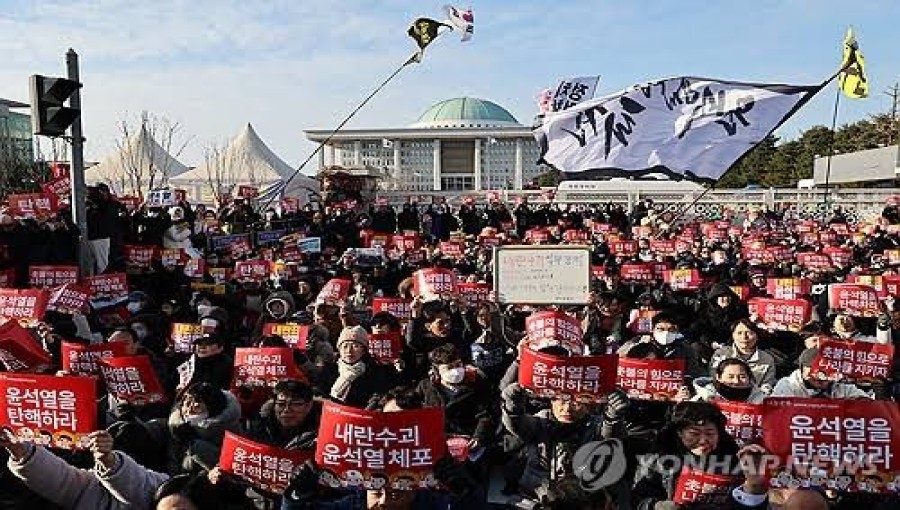
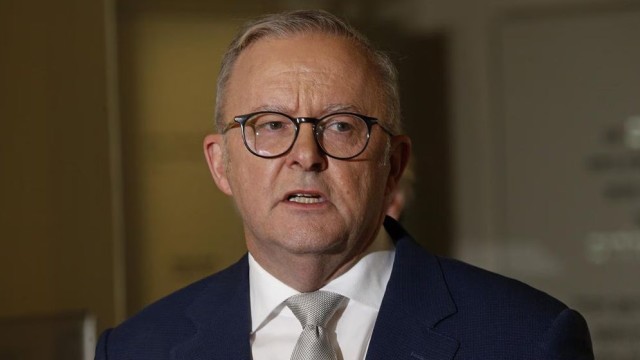
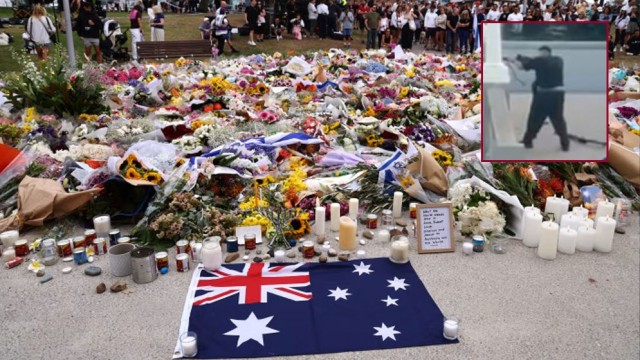
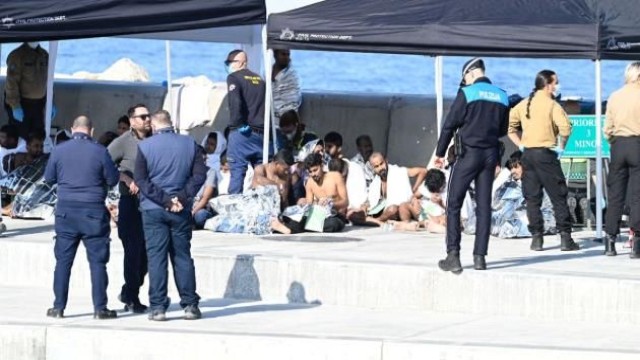
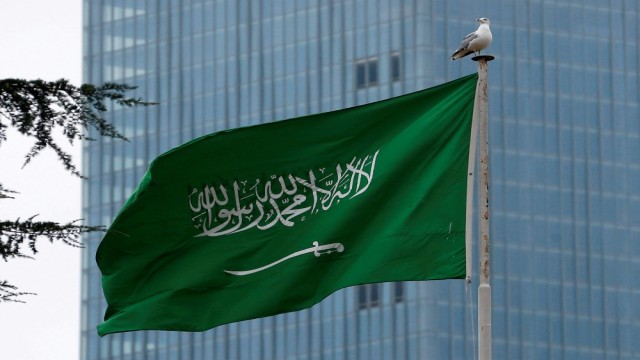
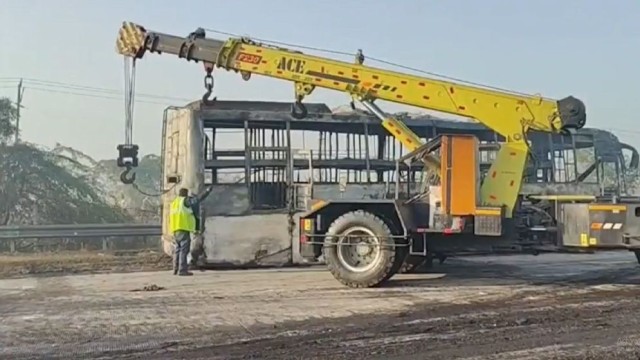

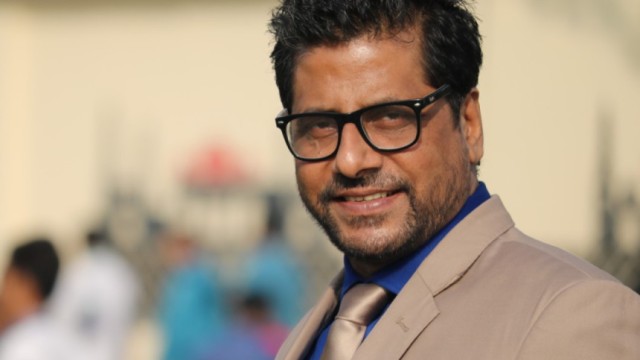
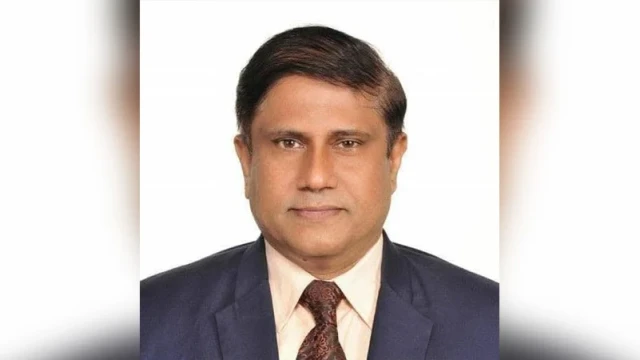
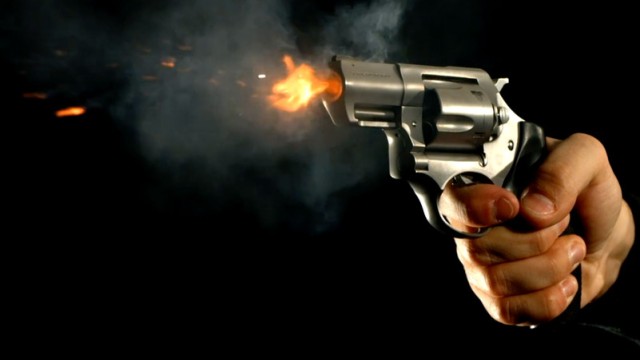
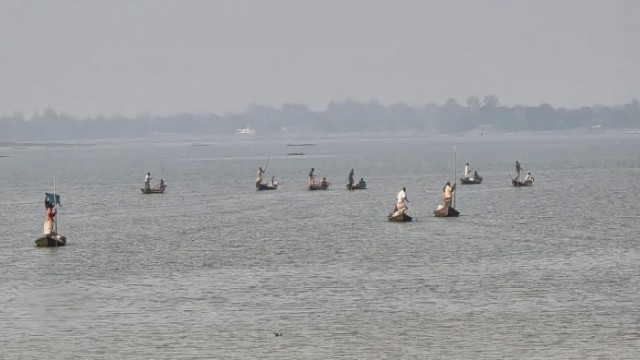
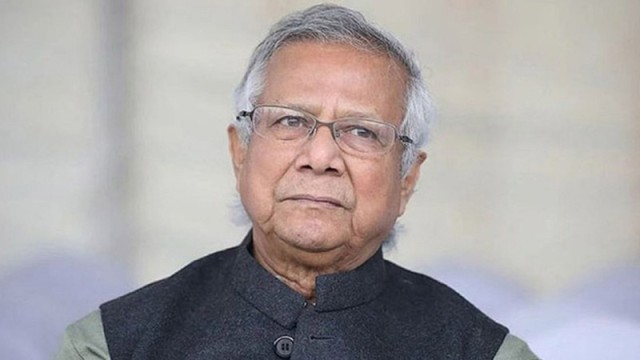
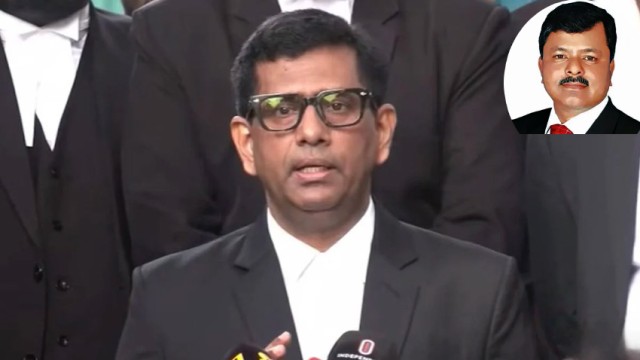

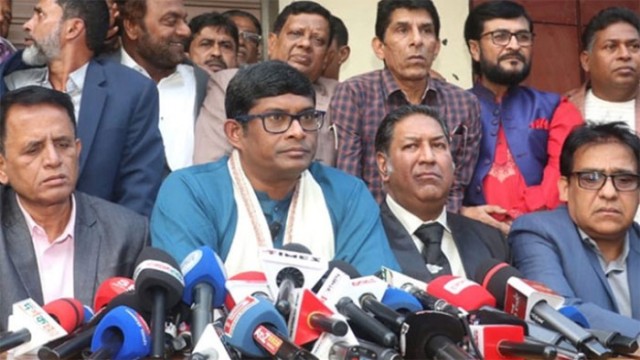
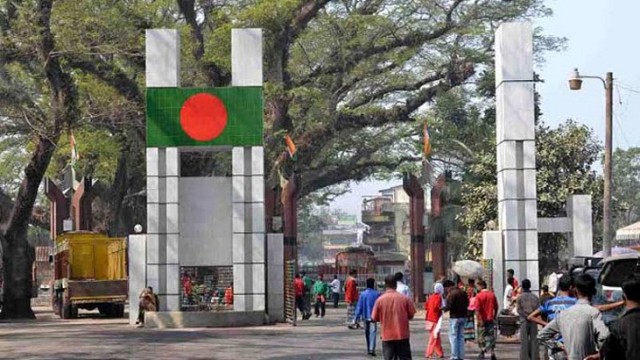


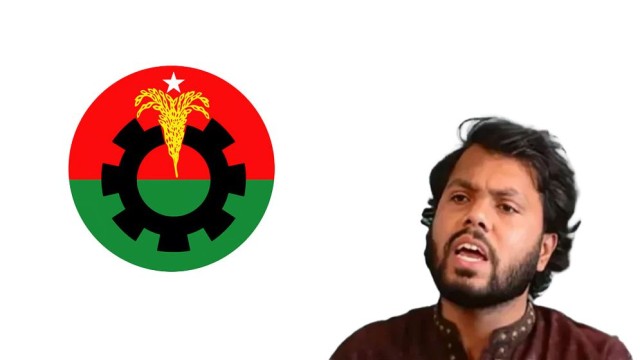
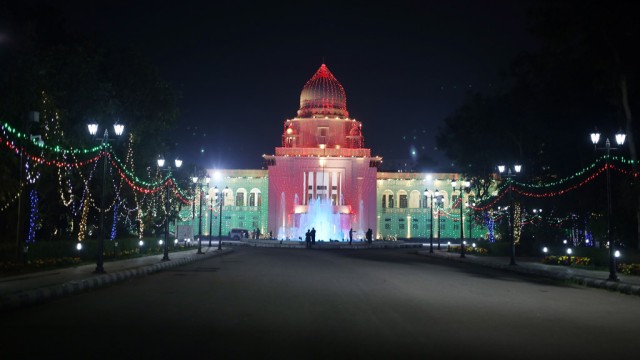
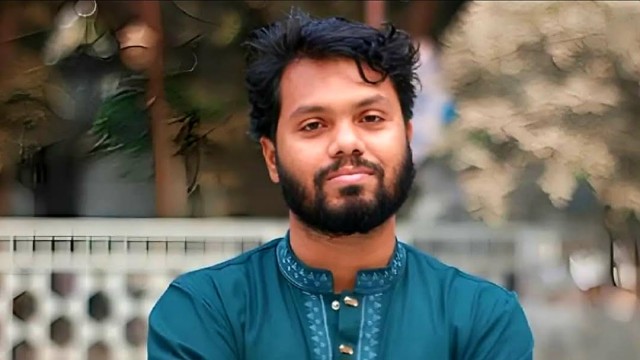
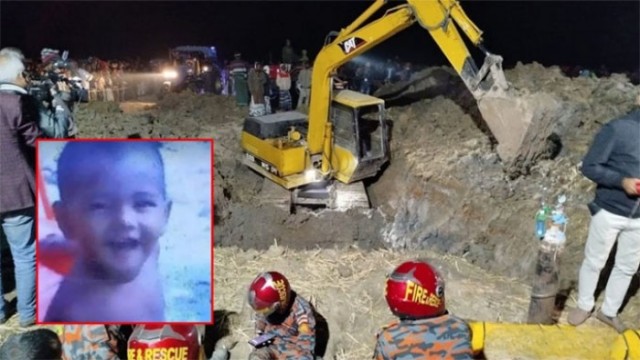
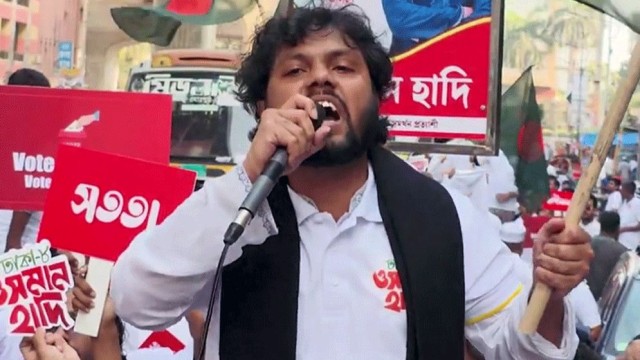
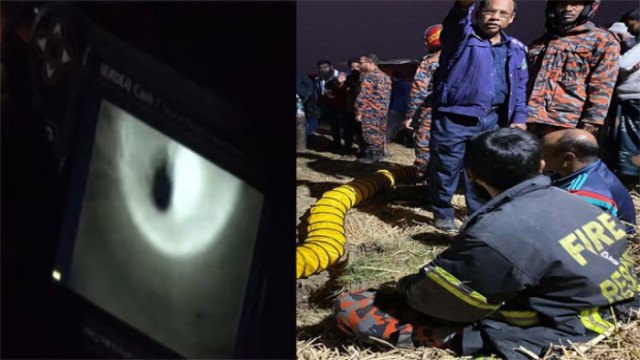
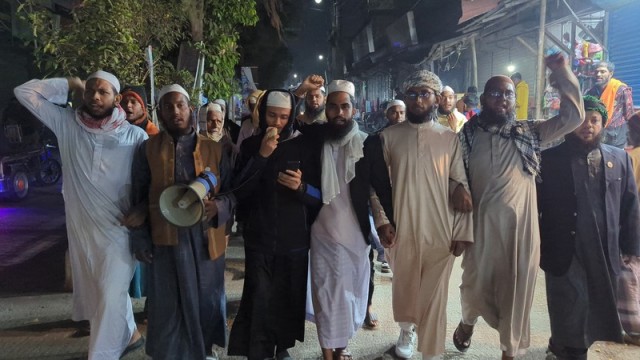
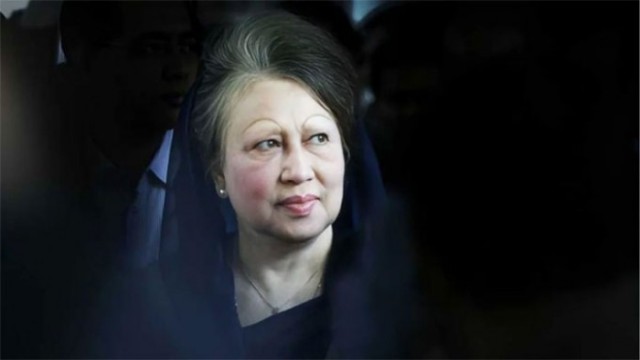
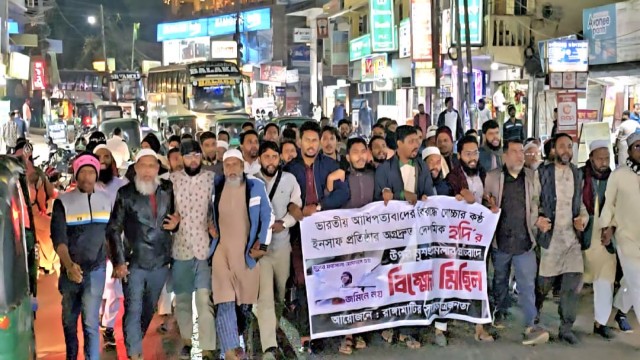

Comment: